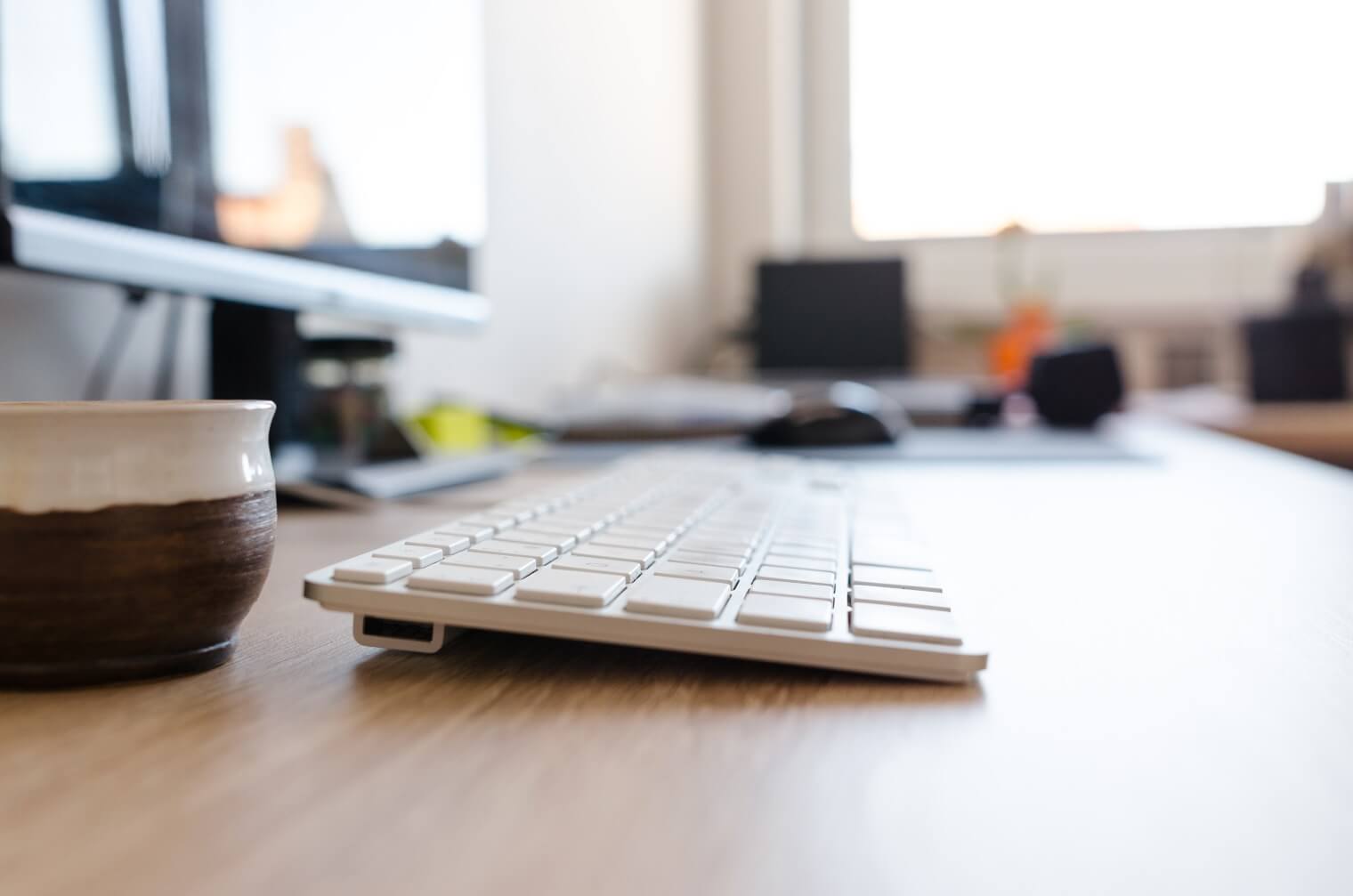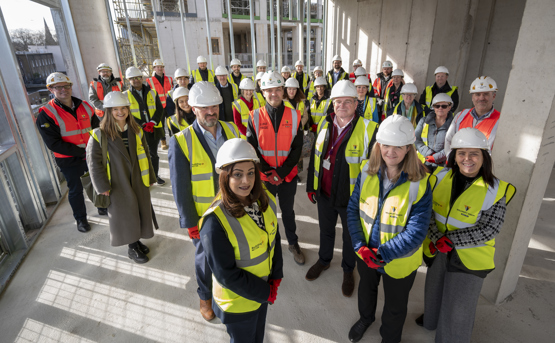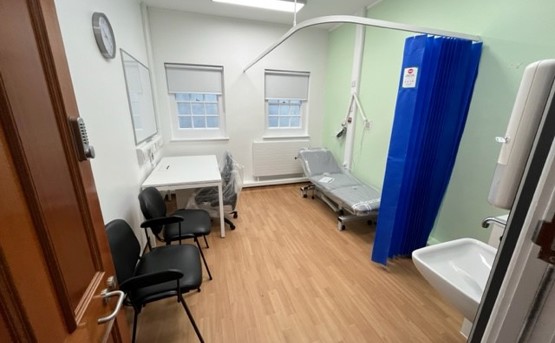
Published date: 20 July 2020
How to return to a smarter way of working
Kate Richardson, our Head of National Office Programme, speaks to The HR Director Magazine on the adoption of smarter working during and beyond Covid-19.
Author
The original article was published in The HR Director, you can read it here.
The COVID-19 pandemic has caused many unprecedented changes to the way employees work. These changes have not only shown that organisations are able to operate effectively whilst working remotely, but also that the adoption of flexible working has improved employee wellbeing and efficiency. As such, when our ‘new normal’ begins, it’s likely many will want to continue to work as flexibly as they have during lockdown. The pandemic has led to the conclusion that we as employers would like to implement so called “smarter working” moving forwards and continue to support staff members in whichever way or location that they wish to work in.
The idea of smarter working is all about providing more flexibility, allowing employees to choose where they wish to work and, at the same time, ensuring that they feel trusted, empowered and safe in the knowledge that they will be measured on their outputs. Through implementing a more flexible working environment, organisations can increase employee engagement and ensure a better work-life balance. It can also enable you to attract talent from across England, where previously there would have otherwise been restrictions in hiring those within commuting-distance to major hubs. The ability to tap into a national talent pool will allow organisations to hire the best people for the job, without being constrained by factors such as location or commute time; this will also enable better people development from within the organisation. In addition to this, as a national organisation supporting the healthcare system, it is important that we are able to provide consistent national coverage for our customers, regardless of location.
According to the results of a recent internal survey, 59% of employees found that working from home positively affected their work productivity. Importantly, 95% of people feel that they are still “connected” with the wider company and felt informed about what was happening within the company. These figures illustrate how being in the office does not necessarily affect whether people can achieve their daily tasks in the context of the demands of their role. For some however, an office space is where they feel they work best, with fewer distractions being cited as one of the reasons that our employees want to work in the office. We will of course continue to have office space to allow for collaboration and for some roles where remote working isn’t suitable. While it may not be essential for staff to travel to and from this office each and every day, we also need to consider the type of space that will help those succeed within the office setting. We know there is significant value in face to face interaction, which is why there is a need to allow people to find a balance that works best for them, allowing employees to have safe sociable interactions and collaborative ways of working going forward.
With more organisations coming forward to implement smarter ways of working, we can be more appealing and better able to recruit people who will ultimately look to those leading the way for employment opportunities. Similarly, those who fall behind may see a fall in employee retention. More than ever before, we need to promote and sustain good mental wellbeing and high levels of employee engagement. Employees need to know that they have the power to speak to their employers about how they can work smartly to meet both the needs of their role and their personal circumstances. Being able to drop and pick up children at school or at a family members’ home, taking adequate breaks to avoid working from home burnout and finding a routine that works for them are all ways that help employees foster positive wellbeing. Another benefit of flexible working will likely be a reduction in stress that can be caused by commuting every day, not to mention the time benefits and a reduction in both carbon emissions and added travel costs.
The lockdown has challenged us and many other companies in what we consider to be “normal” ways of working but it has also given organisations a much-needed push. It has also provided our people with the opportunity to rise to the challenge of working in a different way. We have seen employees adapt well to these changes and, with 88% of the employees that we surveyed saying that they felt able to maintain a healthy balance between work and home life, we simply cannot return to the same ways of working that came before. We are supporting our customers to provide them with the solutions that best suit their way of working and continue to listen to them to provide further recommendations on how to move forward. As employers, teams thrive when given the freedom to work where and how they need to get the job done. This is how we envision working life to be at NHSPS in the future, even in positions where this didn’t seem possible.
The National Office team are constantly building their expertise in delivering more efficient and smarter working spaces and would love to support on new projects across the NHS. If you have any questions or would like to discuss a project, please get in touch via our Customer Service team.





